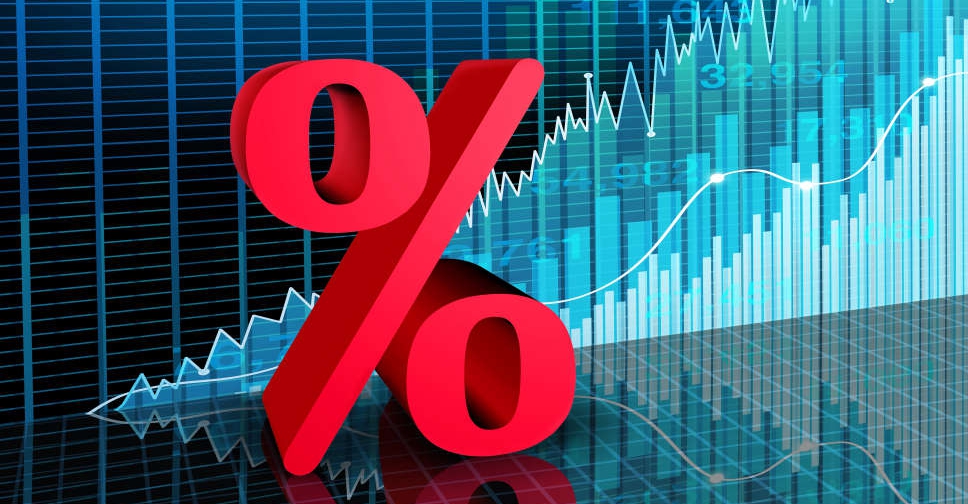
Leaders of the world's top central banks reaffirmed they see further policy tightening as needed to tame stubbornly high inflation but still believe they can achieve that without triggering outright recessions.
U.S. Federal Reserve Chairman Jerome Powell did not rule out further hikes at consecutive Fed meetings while European Central Bank President Christine Lagarde confirmed expectations the bank will raise rates in July, saying such a move was "likely".
"Policy hasn't been restrictive enough for long enough," Powell told an annual gathering of central bankers hosted by the ECB in the Portuguese mountain resort of Sintra.
"I wouldn't take moving in consecutive meetings off the table at all," he said. The next rate-setting Federal Open Market Committee meeting is scheduled for July 25-26.
Powell said the U.S. labour market in particular needed to soften further to take pressure off prices. While acknowledging a "significant probability" that could lead to a downturn, he said that was "not the most likely case".
Lagarde said it was possible that the flatlining euro zone economy could slip into an outright recession this year but stressed that was not the ECB's baseline expectation.
"We still have more ground to cover," she said of the fight against inflation. "We are not seeing enough tangible evidence of the fact that underlying inflation, particularly domestic prices, are stabilising and moving down."
Bank of England Governor Andrew Bailey told the same panel that last week's unexpected 50 basis point rise in interest rates reflected a resilient economy and persistent inflation, adding that the BoE did not currently forecast a recession.
On future policy action to bring down a UK inflation rate which is the highest among the Group of Seven (G7) rich nations, Bailey said: "We will do what is necessary."
Bank of Japan Governor Kazuo Ueda had a markedly different message to others on the panel, saying the BOJ would see good reason to shift from its relatively looser monetary policy if it became "reasonably sure" inflation would accelerate into 2024 after a period of moderation.
While headline inflation was above 3%, the BOJ was keeping monetary policy easy because underlying inflation remained below its 2% target, Ueda said.


 UK's Jaguar Land Rover to halt US shipments over tariffs
UK's Jaguar Land Rover to halt US shipments over tariffs
 US starts collecting Trump's new 10% tariff
US starts collecting Trump's new 10% tariff
 Nasdaq set to confirm bear market as Trump tariffs trigger recession fears
Nasdaq set to confirm bear market as Trump tariffs trigger recession fears
 Dana Gas and Crescent Petroleum exceed 500M boe in Khor Mor field
Dana Gas and Crescent Petroleum exceed 500M boe in Khor Mor field
 China to impose tariffs of 34% on all US goods
China to impose tariffs of 34% on all US goods




